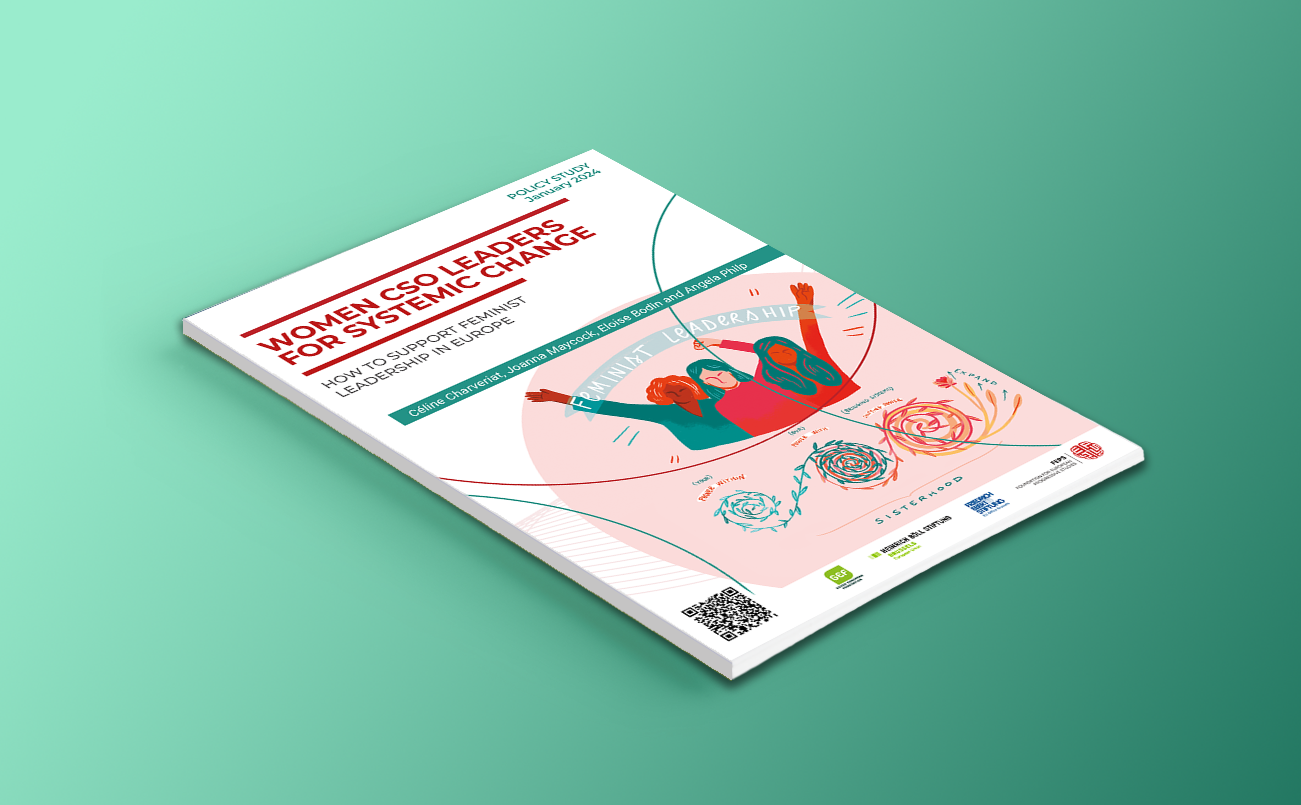Context
Europe’s social economy sector, a highly feminised sector which employs 13.6 million people, representing 6.4% of the workforce, is faced with an increasingly impossible mission: delivering essential services at scale in the face of rising societal challenges, or at least that’s what is currently expected from them. This includes inequality and the climate crisis, to build societal cohesion in a context of increasing polarisation and loneliness, as well as to play a role of initiator and catalyser of the green transition.
“Our big mistake as women leaders in NGOs is the failure to acknowledge that the challenges we are experiencing are not personal, they are systemic.”
Objectives
This study, which represents the first-ever study of its kind, aims to take stock of the progress of the last decade, as well as identify remaining barriers and new opportunities for women CSO leaders in achieving systemic change in Europe. The idea for this study grew out of dozens of conversations the authors have had with their peer women leaders over the years. A survey of 148 women leaders was conducted to explore their strategies for managing complex demands, their perspectives on being women in leadership in 2023, their contributions to innovation and cultural transformation in the workplace, and the obstacles they encounter. Through 25 interviews and two focus groups, this study draws out recommendations for donors, organisations, and wider society to support and invest in transformative, feminist women’s leadership.
You can view the authors’ presentation from the study launch here.
This policy study “was commissioned by the Foundation for European Progressive Studies (FEPS), with the support of GEF, Friedrich-Ebert-Stiftung, and the Heinrich-Böll-Stiftung European Union, with the financial support of the European Parliament to GEF and FEPs.


